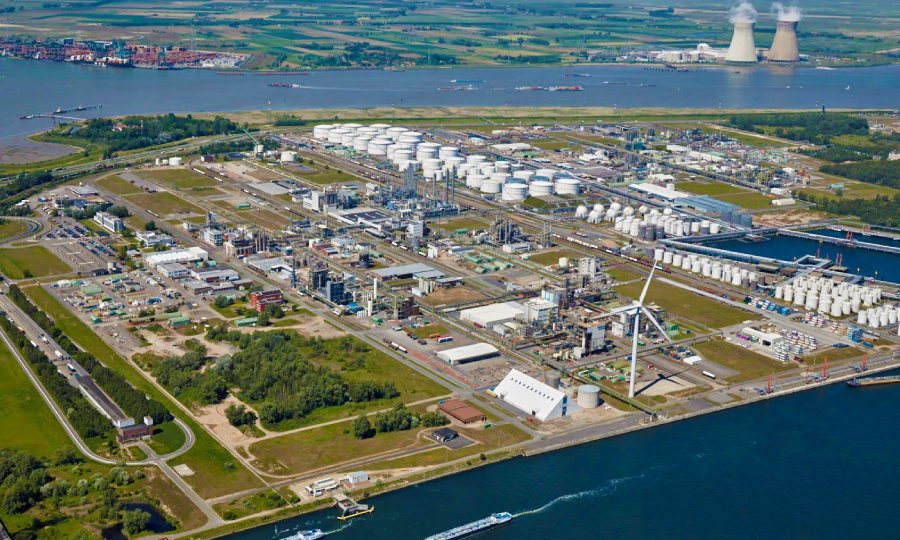
Since 1 July 2025, Evonik’s Coating & Adhesive Resins business line has run its entire POLYVEST® polybutadiene operation in Marl, Germany, on 100 per cent renewable electricity. The change supports the company’s goal of cutting scope 1 and 2 emissions by 25 per cent between 2021 and 2030 and offers tyre compounders a lower-carbon feedstock option.
Both POLYVEST® production units at Marl are now supplied exclusively with certified green electricity purchased under new Power Purchase Agreements (PPAs) that start this year.
Evonik says the move is a “milestone” on its 2030 sustainability roadmap, which seeks a 25 per cent reduction in direct and energy-related emissions compared with 2021 levels.
All POLYVEST® grades are already offered as ISCC PLUS-certified eCO variants using a mass-balance approach. The renewable-electricity switch further lowers their cradle-to-gate footprint without altering formulation or performance.
Polybutadiene is widely used in tread and sidewall compounds to improve low-temperature flexibility and cut rolling resistance. The Marl energy change gives tyre manufacturers a tangible scope 3 benefit when selecting POLYVEST® for passenger-car, truck or speciality tyres.
Tagged with: Evonik, POLYVEST, green electricity, polybutadiene, sustainable tyre materials, ISCC Plus, scope 3 emissions, mass balance
Disclaimer: This content may include forward-looking statements. Views expressed are not verified or endorsed by Tyre News Media.